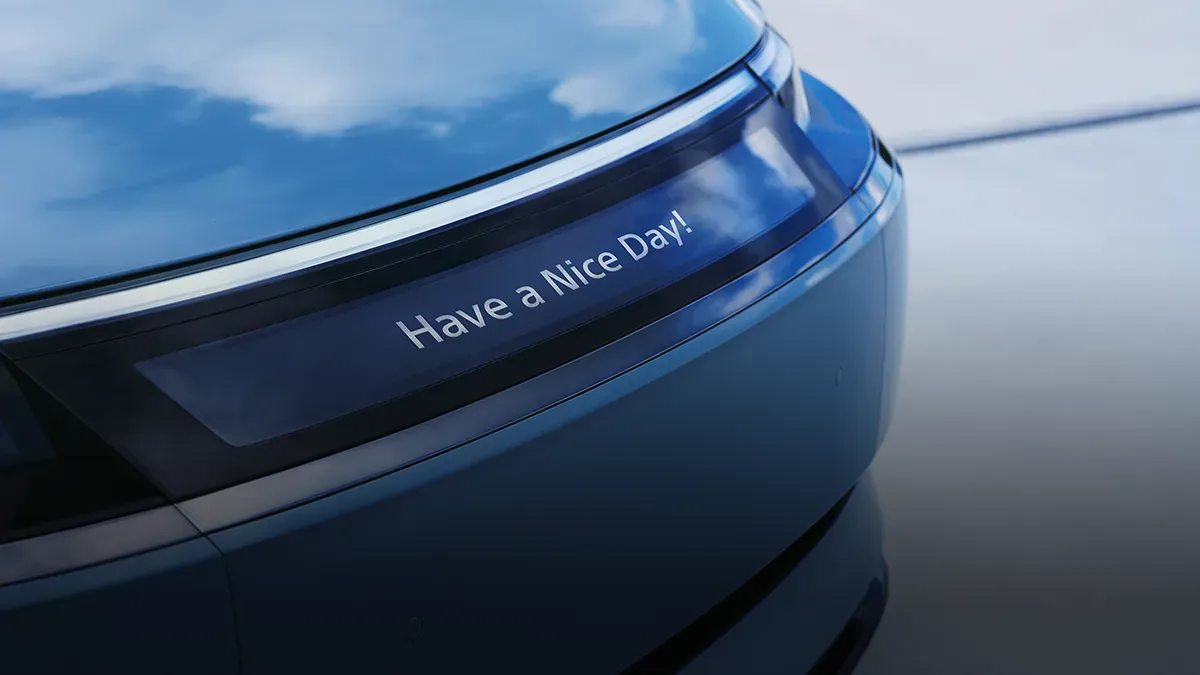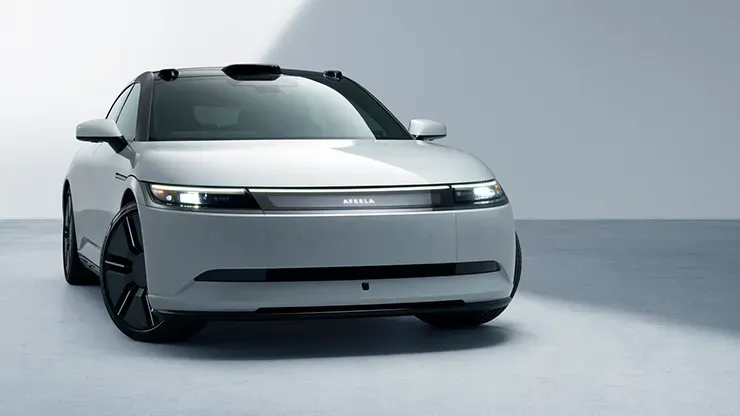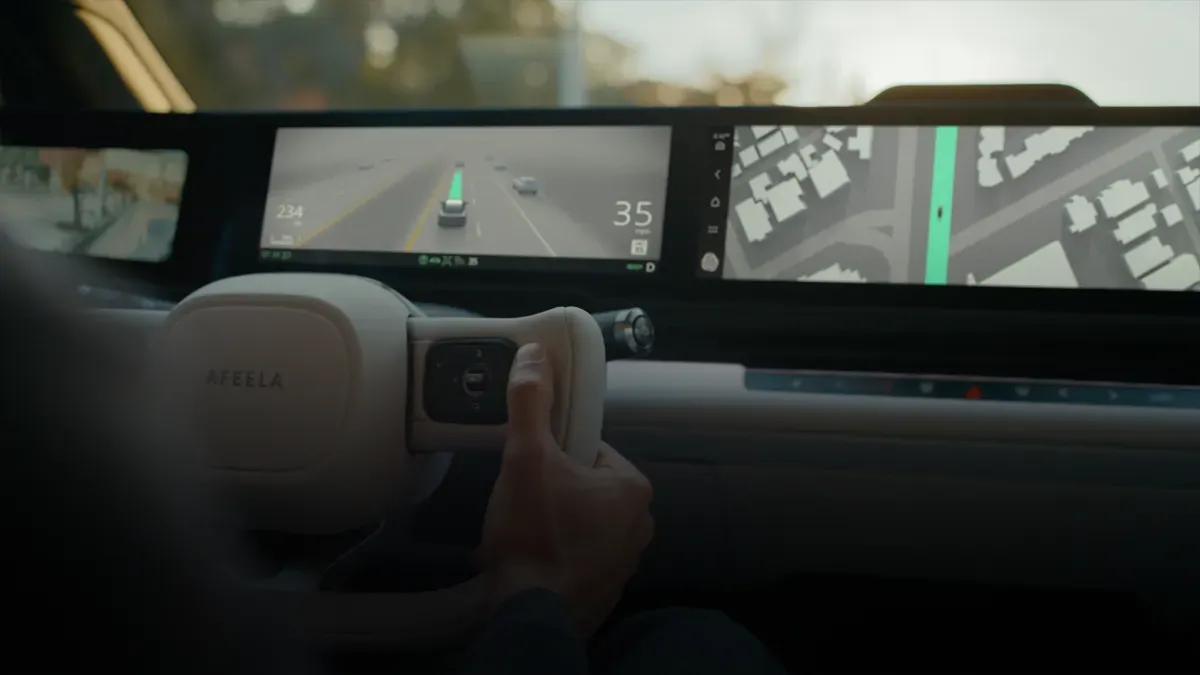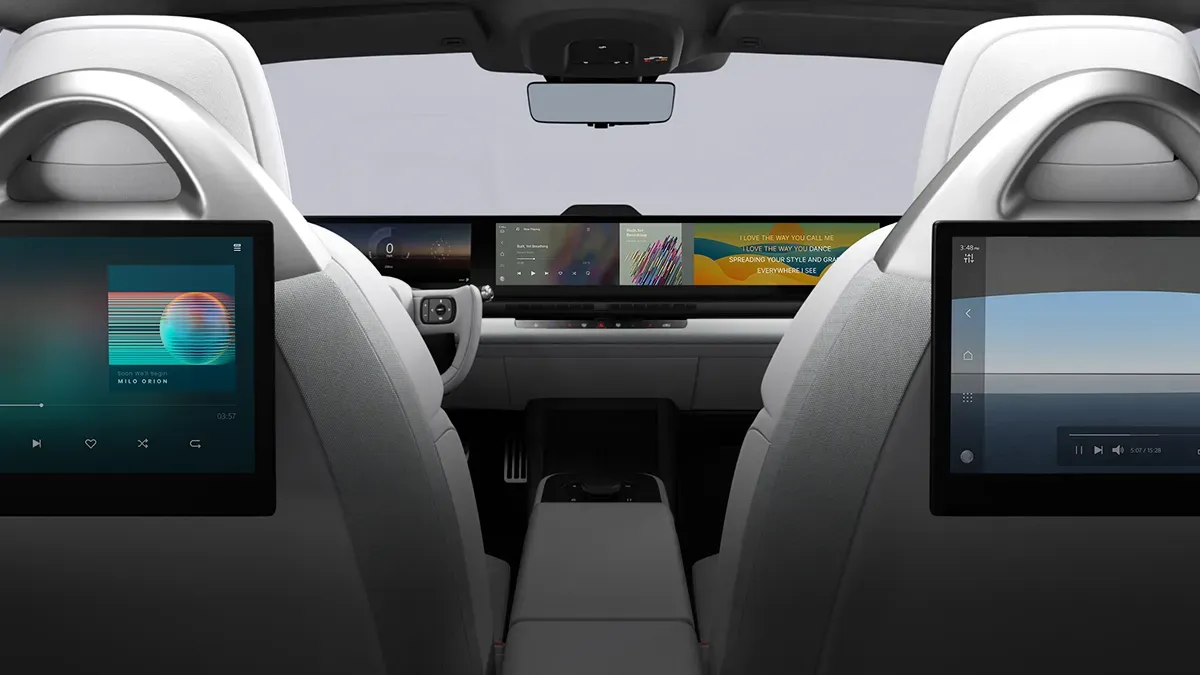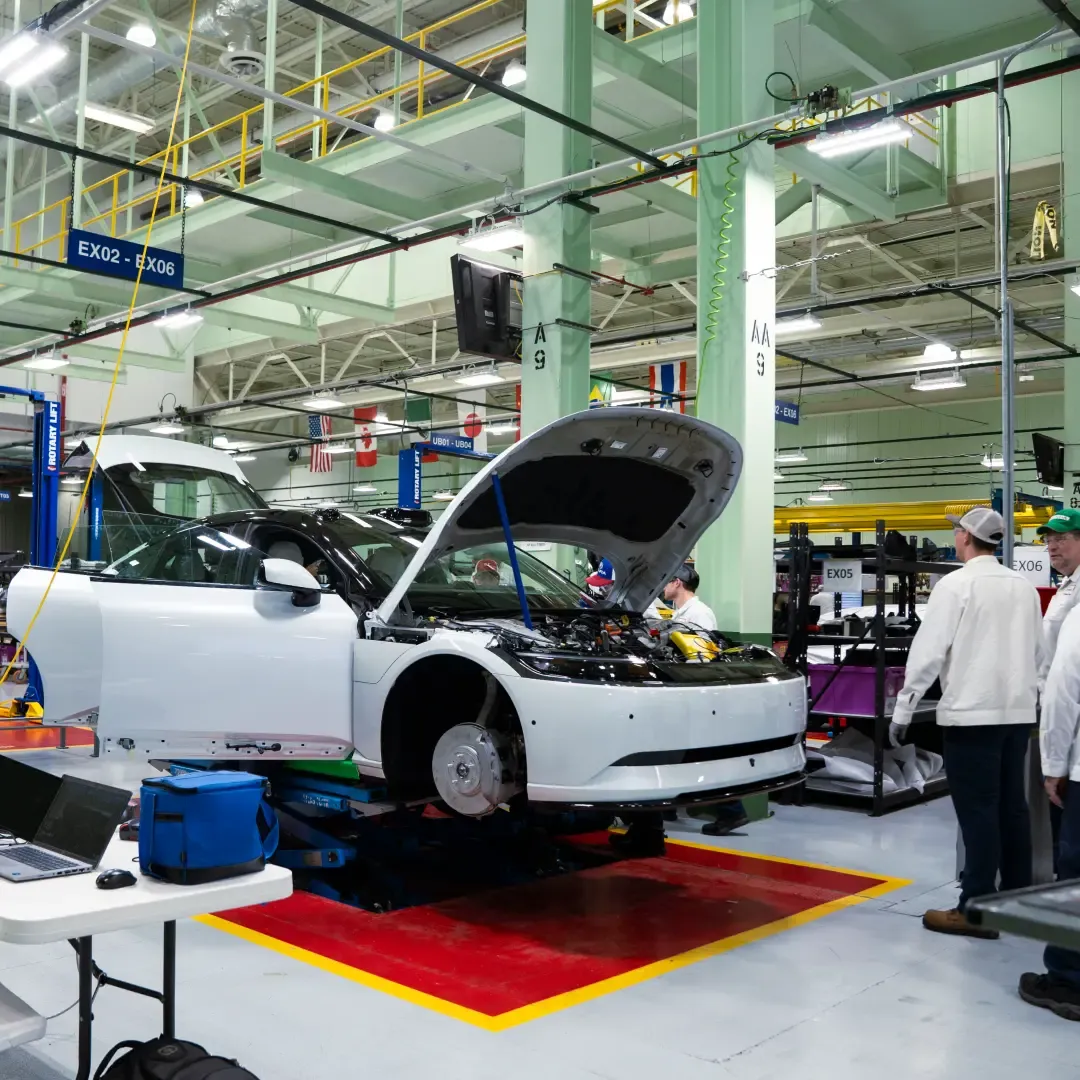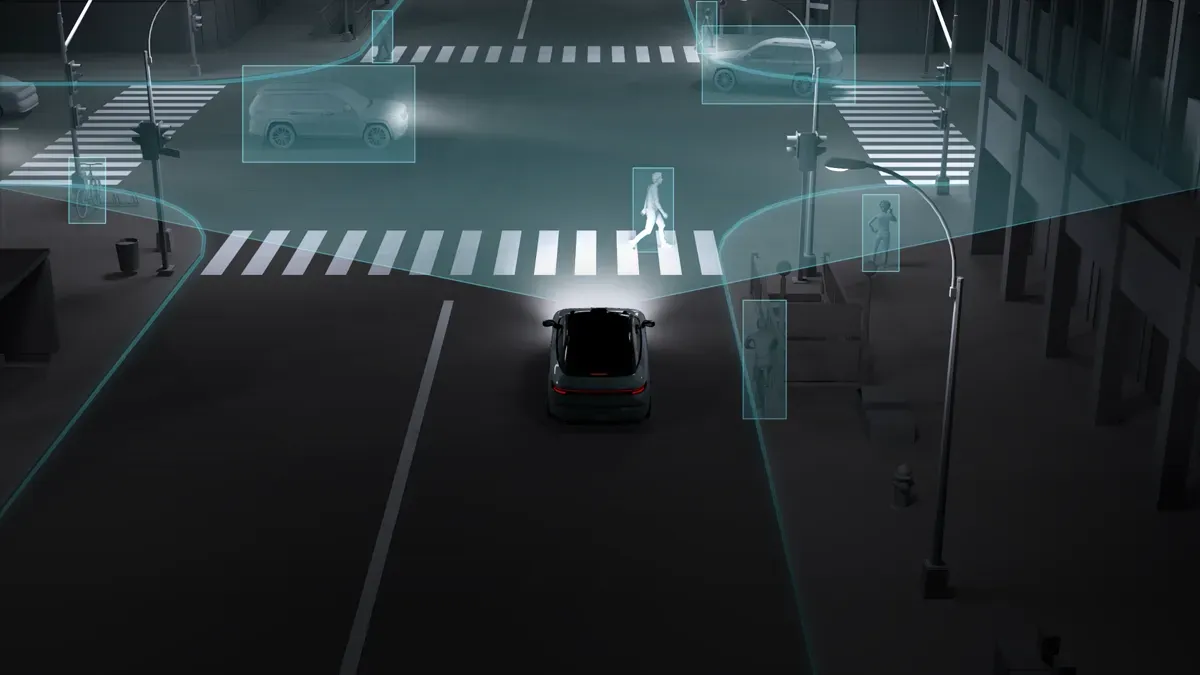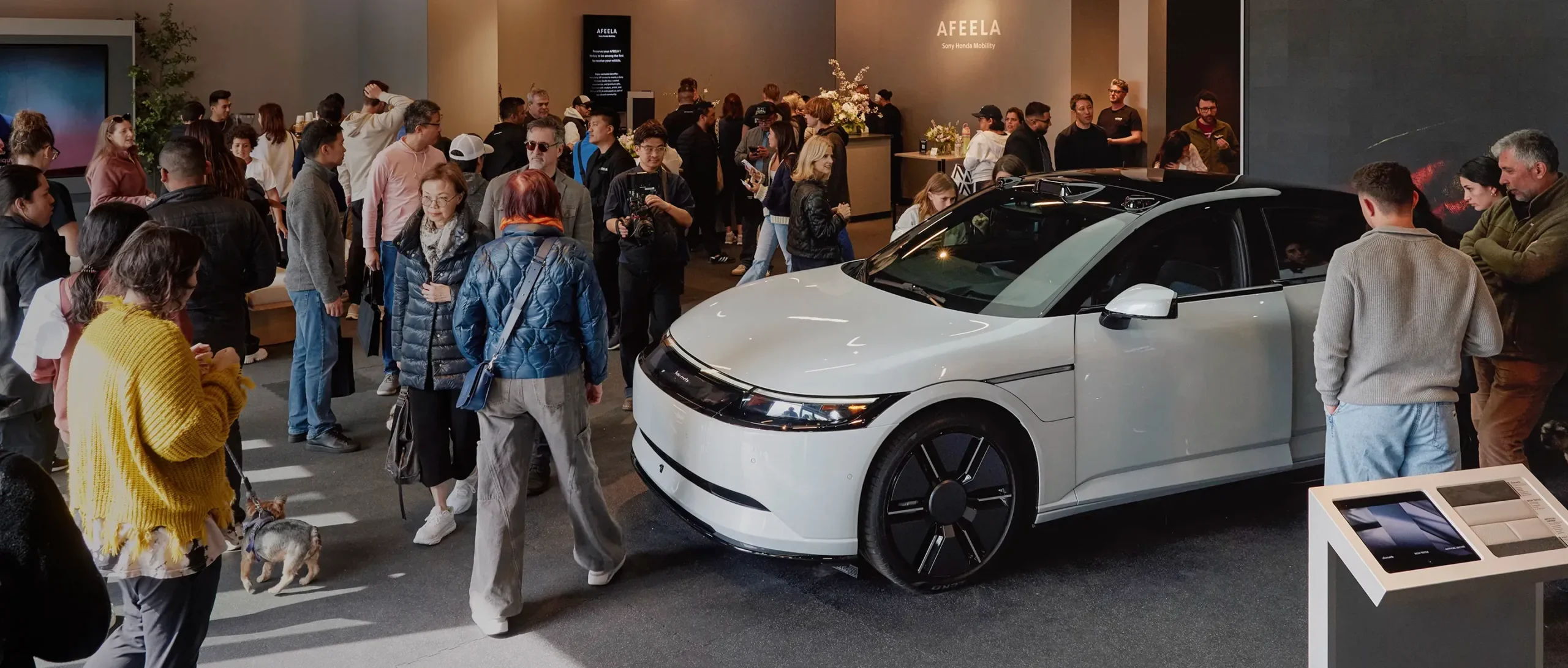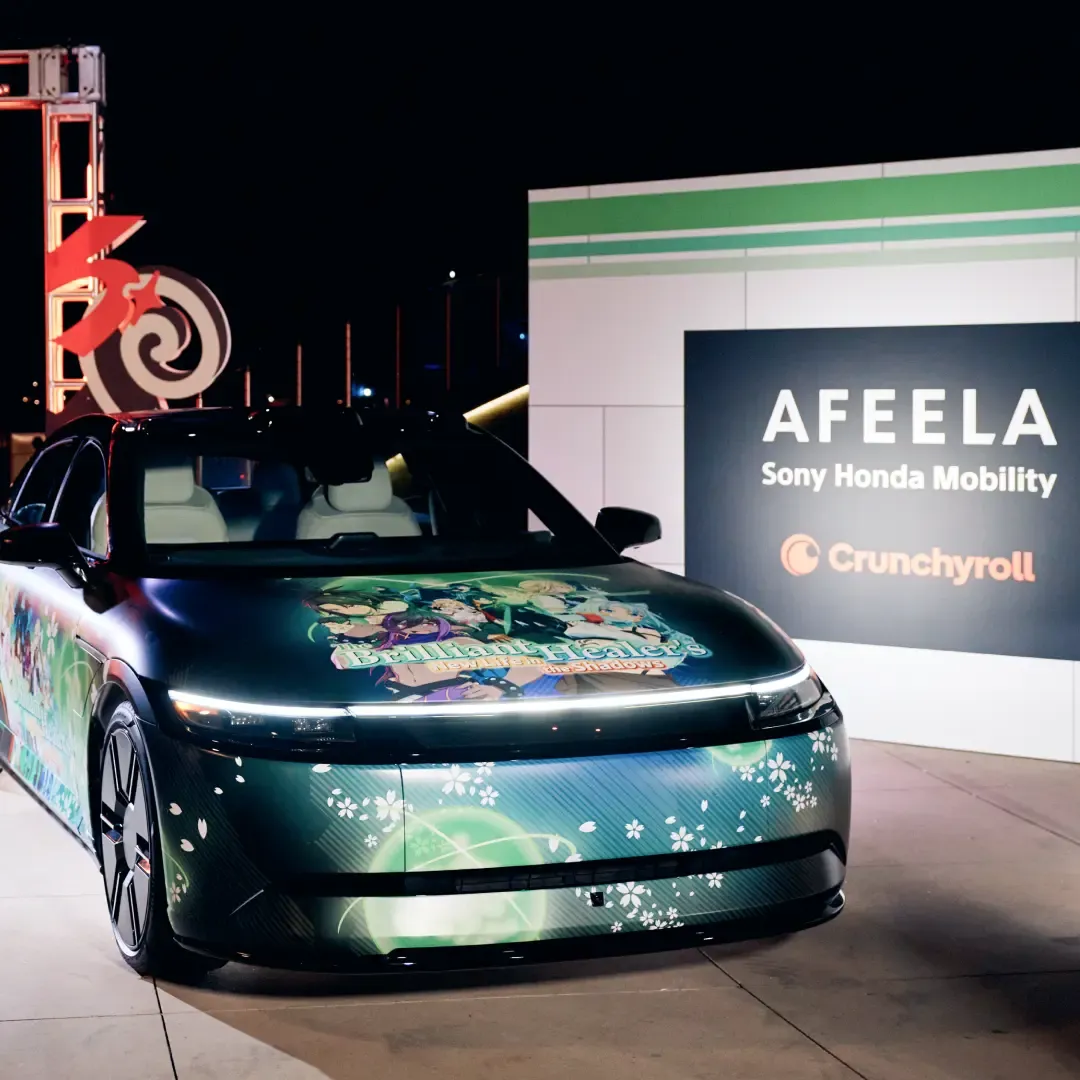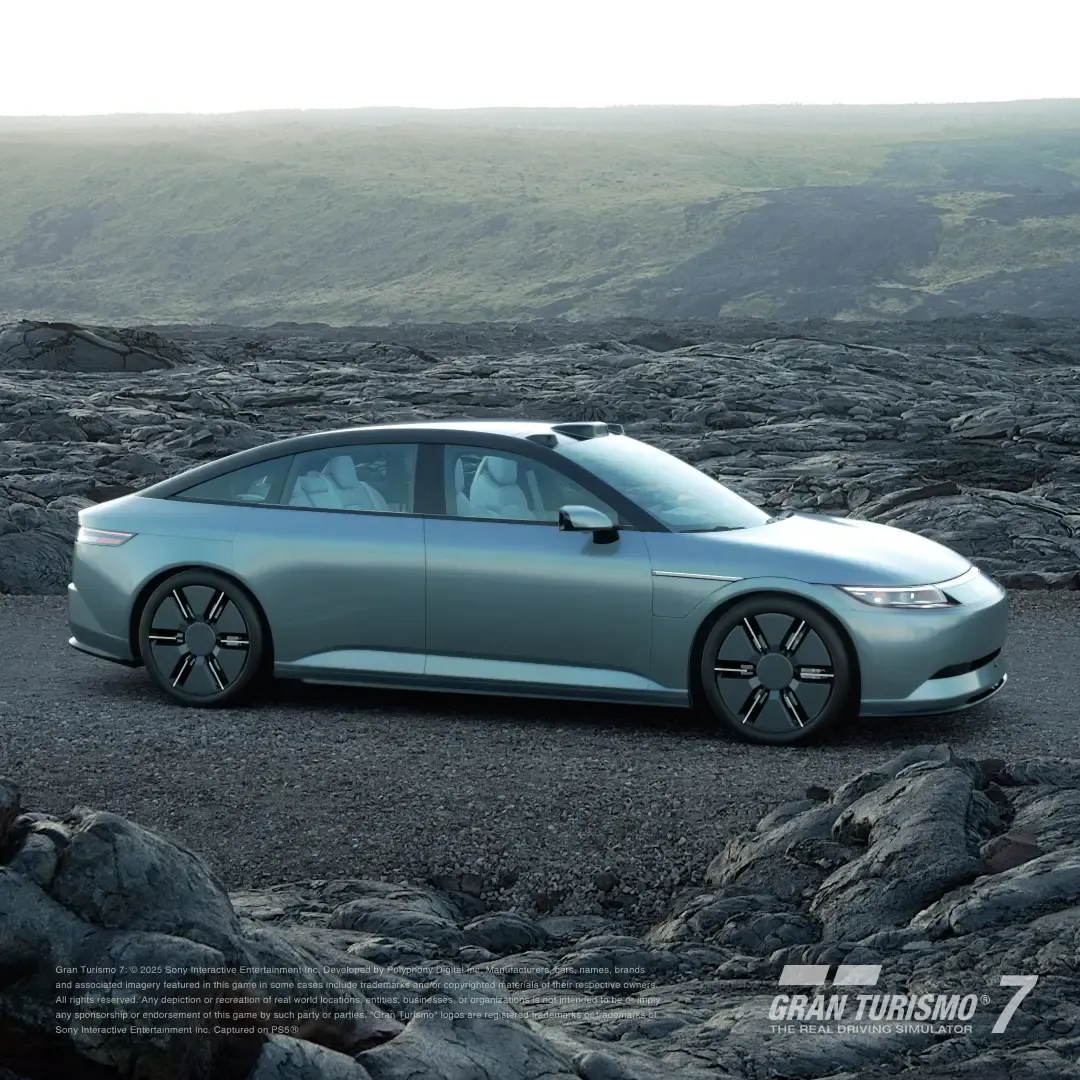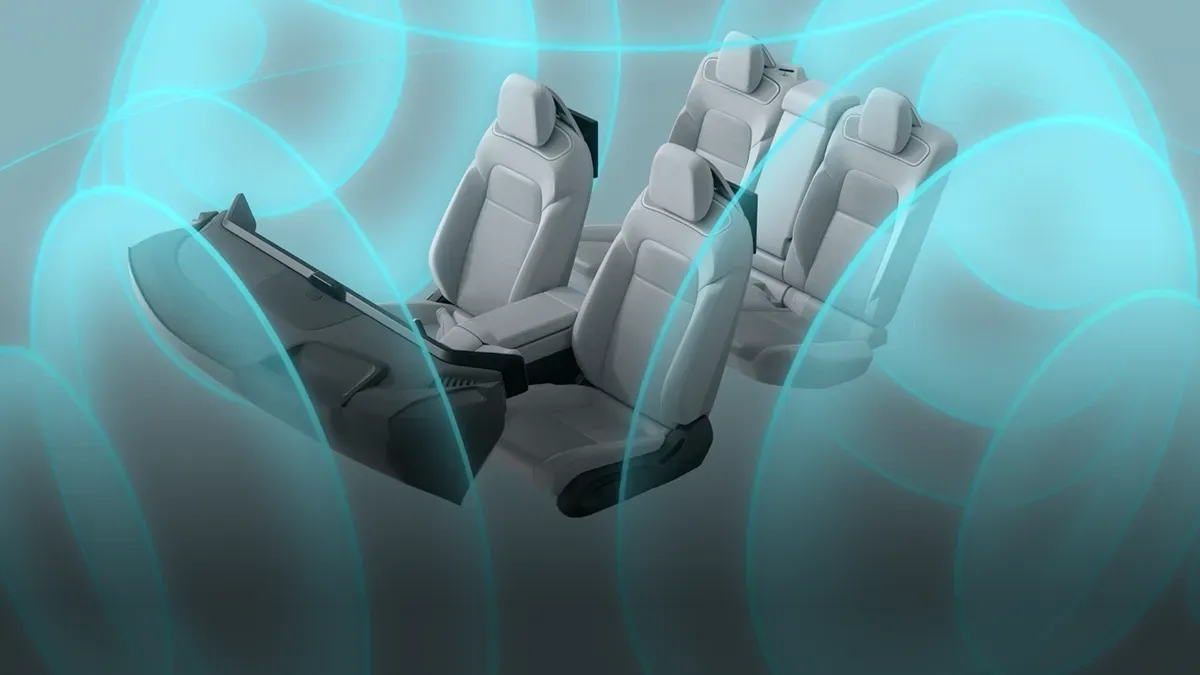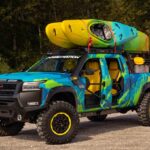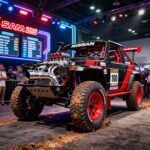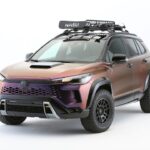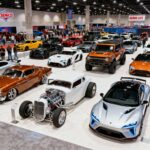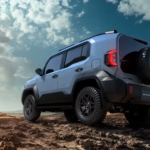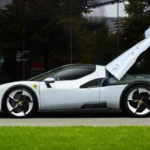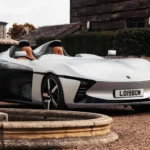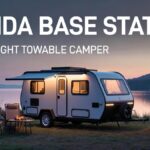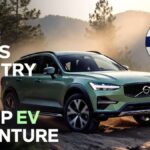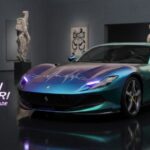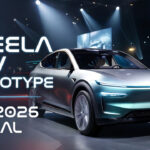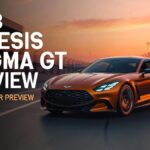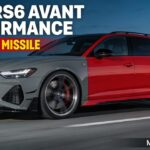Honda’s Afeela Venture Sparks a Legal Storm in 2025
As a car enthusiast who tracks industry shifts, I was stunned to hear about a major development just 12 hours ago at 12:00 PM IST on August 28, 2025. The California New Car Dealers Association (CNCDA) has launched a lawsuit against Honda and Sony, targeting their joint Afeela electric vehicle project. Filed on August 19 with the Los Angeles Superior Court, the case claims the 2025 Honda Afeela’s direct-to-consumer sales model violates California franchise laws. This clash pits traditional dealerships against a bold new strategy, and I’m eager to unpack the details and its broader implications.
Background: The Sony-Honda Afeela Alliance
The Afeela brand emerges from a 50-50 partnership between Sony and Honda, blending tech innovation with automotive expertise. Sony Honda Mobility Inc. and its American arm, alongside American Honda, are rolling out the Afeela EV, built at Honda plants that also produce Honda and Acura models. This collaboration aims to rival Tesla’s direct sales approach, with orders already open. However, the CNCDA argues this setup skirts state regulations, setting the stage for a legal showdown that could reshape the industry.
Legal Battle: CNCDA Takes a Stand
The CNCDA’s lawsuit hinges on California’s franchise laws, which bar automakers from using affiliates to sell vehicles directly, bypassing licensed dealers. With 161 Honda and Acura dealerships in California at risk, CNCDA President Brian Maas calls it “a direct attack on decades of partnership.” The association seeks an immediate injunction to halt Afeela reservations and mandate future sales through dealerships, citing the shared manufacturing ties as evidence of Honda’s oversight. This move reflects a broader defense of a network that employs thousands and fuels local economies.
Franchise System Under Scrutiny
This legal fight reopens the debate over the franchise dealer model. The CNCDA argues it protects consumers with local service, clear pricing, and warranty support, investments dealerships have made over years. Yet, critics counter that the system is outdated, with a 2024 KPA survey revealing one-third of Americans facing hidden fees or deceptive practices. Dealerships often profit more from loans and add-ons than car sales, fueling calls for reform. The court will now decide if current laws justify the CNCDA’s demands or if a new era of sales is overdue.
Market Ripple Effects: Beyond Honda
The Afeela lawsuit could have far-reaching consequences. Tesla’s direct-to-consumer success has inspired others, including Volkswagen with its Scout Motors brand, which faced a similar CNCDA suit earlier this year. Honda and Sony may argue Afeela is a distinct entity, but a ruling against them could force automakers to rethink direct sales strategies. For now, Afeela’s U.S. launch hangs in the balance, with potential price and availability shifts looming.
My Take: A Turning Point Ahead
As of August 28, 2025, the Honda Afeela lawsuit marks a pivotal moment for the auto industry. The tension between tradition and innovation has me on edge—what do you think this will mean for electric vehicle sales moving forward? (Image Source- www.shm-afeela.com)

